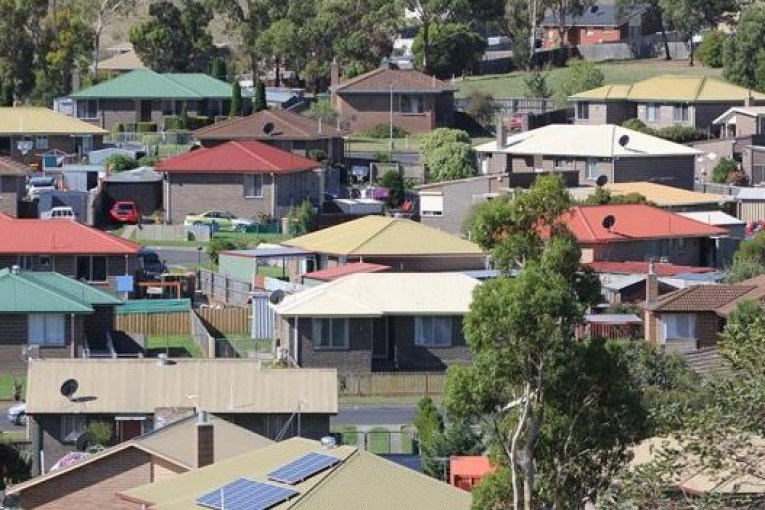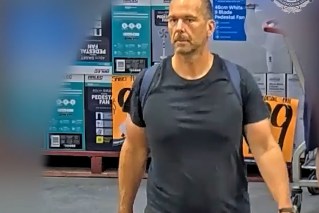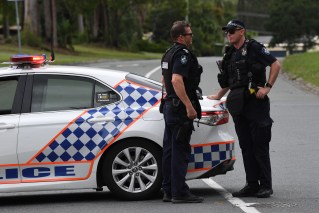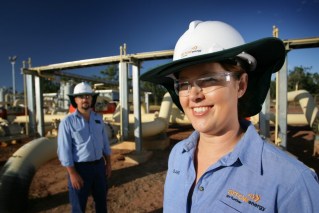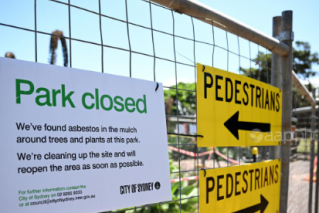Keen to be green, but farmers need help to jump knowledge gap
A new report on Australian farmers has shown a huge knowledge gap among farmers around the carbon market and climate change.
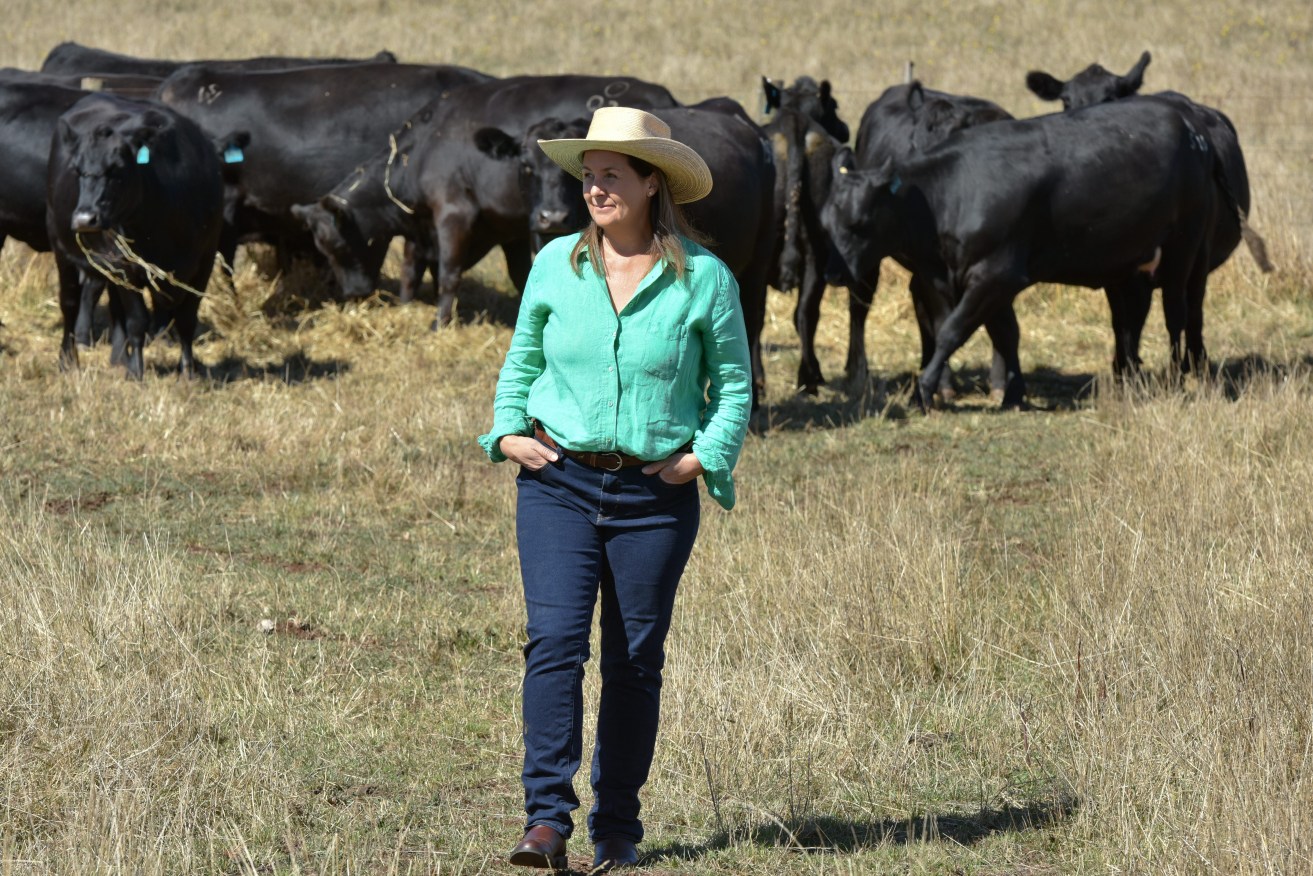
Farmer Olivia Lawsonon her property in Clarkes Hill north east of Ballarat, Victoria, Victoria. Most Ausralian farmers want to be greener but need help to get there, a report has found (AAP Image/Jeremy Bannister)
The ‘Farming Forever’ report released by Farmers for Climate Action on Wednesday interviewed 600 Australian farmers around climate change, the carbon market and drought.
The report found only one-in-ten farmers surveyed are active in the carbon market.
Fiona Davis from Farmers for Climate Action said the survey revealed farmers overwhelmingly want to reduce emissions but don’t know where to turn and need help.
“The survey found 93 per cent of farmers are willing to shift to low-emissions production, but just 30 per cent have had a practical demonstration on how to do so,” Fiona Davis from Farmers for Climate Action said.
Seventy per cent of the farmers interviewed don’t understand the carbon market, and 38 per cent don’t get involved because they don’t know how to.
The report called for more farmer education carbon and climate, and recommends a network of dedicated carbon farming extension officers be set up to run demonstrations, field days and farm visits.
“We see a role for government to provide support for farmers by investing in emissions reduction technologies and initiatives, such as an instant tax asset write-off for renewable energy or on-farm energy storage,” Davis said.
Victorian cattle producer Olivia Lawson was one of the 600 farmers interviewed.
While she’s done her homework around carbon farming, she’s unsurprised that many have been left confused.
“I’m not surprised …there is a lot to understand,” she said.
“There are a lot of risks and benefits to consider, it’s certainly not straightforward.”
For the past two decades the bull breeder has been farming biologically, eliminating synthetic fertilisers and chemicals, with the focus on improving ground cover and soil health.
“Our ultimate aim is really to leave our land in better condition than when we found it.”
Despite being a supporter of the carbon market the Victorian producer hasn’t sought to trade carbon credits because of the cost and “unknowns.”
“It’s not something we have delved into yet…I don’t know whether there’s going to be much upside for us in terms of gains,” she told AAP.
And she wants more streamlined independent information available to farmers.
“There hasn’t been any direct line of communication where we can go to access transparent information about what it all means,” Ms Lawson told AAP.
“I think farmers need to be rewarded more for the ecosystem services that they provide in society,” she said.
The Farming Forever report also found a general lack of understanding among farmers around the federal government’s five billion dollar Future Drought Fund.
Ninety per cent of respondents hadn’t accessed the fund.
